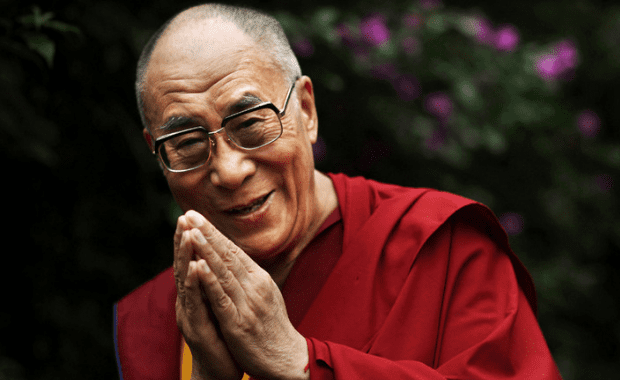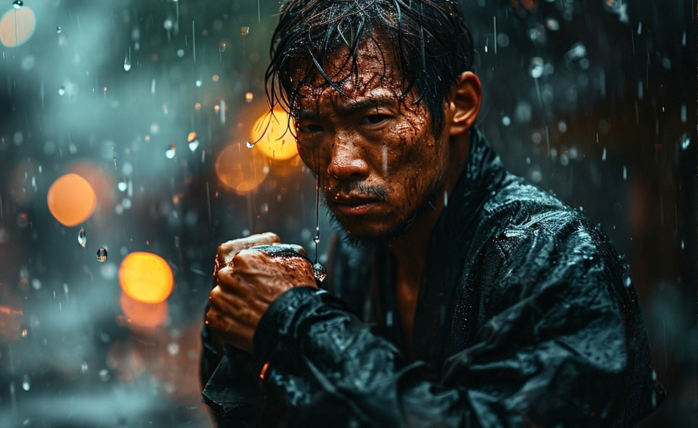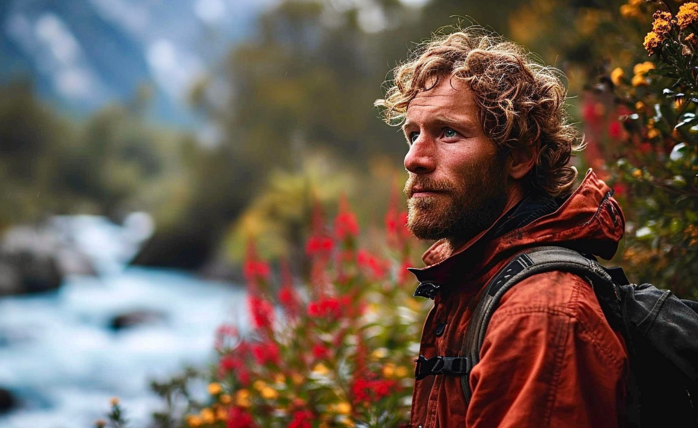Life
3 Ways the Dalai Lama Inspires Radical Self Care in His Daily Routine

The Dalai Lama is best known for his spiritual teachings on peace, joy, mindfulness and serenity. While these teachings are rooted in spirituality, they are also applicable and beneficial to anyone no matter their faith system or beliefs.
There is a common understanding, as a result of studying the western leadership gurus and mentors, that calls for leaders to give focused attention to their daily schedule and more specifically their morning routines. The idea is that when there is a morning routine, with deliberate actions, the day becomes more intentional and increases the likelihood of achieving the desired outcomes.
There are examples of successful leaders throughout the business world maintaining a morning ritual or routine and linking it to their success. Leaders like Jeff Bezos, Arianna Huffington, Bill Gates, Tim Cook and Barack Obama all have one thing in common; they all stick mindfully to a schedule each morning.
The most common activities among these great leaders each morning include: exercising, eating breakfast, praying and meditating, or learning something new and setting the intentions and actions for the day. This mindfulness, as they start the day, will support them as they navigate whatever comes their way on any given day.
The link between a morning routine and self care becomes clear when people accept the intentionality of being proactive in charting the new day. Self care is most often focused on the mind, body and spirit. When all three are a priority in a morning routine they will likely produce a well balanced perspective on the new day.
“Every day as you wake up, think that I am fortunate to be alive. I have a precious human life, and I am not going to waste it. I am going to use all my energies to develop myself, to expand myself out to others; to achieve enlightenment for all beings. I am going to have kind thoughts towards others, I am not going to get angry or think badly about others. I am going to benefit others as much as I can.” – Dalai Lama
The Dalai Lama’s Routine
It is important to look at the similarities between the Dalai Lama’s morning routine and the routines outlined by the western leaders. In both routines, there is time set aside for prayer and meditation. Upon waking up in the morning, the first activity for the Dalai Lama is to go into prayer and meditation. He will pray and meditate at least two more times before he retires in the early evening.
The Dalai Lama takes a walk each morning around the grounds of his residence in India or outdoors when he’s traveling and visiting other places. In the event of rain or inclement weather at his residence, he has a treadmill to walk on. It conjures up a unique image to think of the Dalai Lama on a treadmill at 4:00 AM in the morning. While initially it might create some cognitive dissonance to think of the Dalai Lama on a treadmill, in time the idea makes sense when you think of having a contingency plan in place to avoid losing momentum and focus.
The Dalai Lama eats breakfast before another round of prayers and meditation. He is now ready to study and learn more about what is going on in the world by watching the BBC News or reading some books or articles.
After lunch, the Dalai Lama is ready to meet with others to discuss his upcoming events and schedule, or he might even meet with some visitors for a spiritual conversation. In either case, he is always present in the moment with those he is sharing his time with during these meetings.
When the day comes to an end for the Dalai Lama at 7:00PM, he makes sure to pray and meditate before he retires for the evening. He is almost always assured of getting enough rest and sleep before he starts the next day at 3:00AM.
What you can learn when studying The Dalai Lama’s daily routine
There are three key teachings that stand out when studying the Dalai Lama and his daily routine which includes a focus on self care. He is clear about what he says no to when asked a question or a request for his time is made by others. He knows what to stop doing in his life to preserve his routine and self care. He does this because he’s committed to sustaining his lifestyle for the long term.
Saying no to the things that do not feel right nor align with someone’s vision for their life, is a profound way to experience self care. When people listen to what is going on around them, there are many messages that tell them to say no. They also have their observations to rely on when deciding to say no to others. The most important aspect for this is to have the self trust needed to follow the intuitive and sensory messages that prompt a no response.
When people can say no and remain mindful and peaceful, they have demonstrated a high proficiency with self care. Keeping the focus on themselves and avoiding the shame and guilt will enable them to sustain self care for the long term. Organizational cultures will almost always test saying no to things that don’t align with a person’s self care.
“Calm mind brings inner strength and self-confidence, so that’s very important for good health.” – Dalai Lama
Many people do things on autopilot and are often not mindful of their own actions. Some people can relate to driving home after a long day only to realize that they blocked out anything that happened while they were en route. This happens when they are in autopilot mode and it’s also a trigger to stop doing things that do not promote self care. There are many other examples of being on autopilot that can unfortunately also bring with them devastating consequences. The key is to do things mindfully.
Sustaining a long term lifestyle that is grounded in self care will bring with it countless benefits for the mind, body and spirit. The daily focus and discipline for the routine that ensures self care must be followed without a cheat day or day off in order to bring about the most beneficial outcomes.
The Dalai Lama shares his spiritual messages with others in an effort to inspire them to live a more mindful life; self care is rooted in mindfulness. The Dalai Lama’s messages and teachings are as applicable and impactful to a spiritual journey as they are to a career path. Self care is universal and everyone can be inspired to sustain their own daily routine to live with it.
Which one of the ways in which the Dalai Lama lives inspires you to be better? Let us know in the comments below!
Life
The Best Techniques to Boosting Your Memory in a Busy World
The human brain is highly complex. You must know how to make use of it to improve your memory.

People often confuse weak memory and poor recollection. They complain of weak memory. It is not a weak memory but a poor collection of information. How sad it is when you cannot recall the name of a person you met in the past. (more…)
Life
The Power of Elevating Others: Steps to Change Your Life for the Better
Making others feel important can change the world

People often look for elevating themselves rather than elevating others by focusing on their strengths and merits. It is unfortunate to note. People have become so busy that they don’t find time to care for others. (more…)
Life
The Happiness Model That’ll Change Any Entrepreneurs Life
People often think that they will be happy at a later stage if they work hard today. However, there is no guarantee of happiness at a later stage.

Due to the rapid growth in technology, people are often in the rat race to compete with others little realizing that they are losing so much or so little. People often search for stones by leaving gems at home. (more…)
Life
Fake It and You’ll Make It: 10 Tips to Build Self-Confidence
When you lack self-confidence, you can fall into traps that can hold you back

Self-confidence is an essential inner quality in any career, but in many areas (for example, in tech where I work) just because you are a woman, your abilities might be questioned before you even start your job. (more…)
-

 Success Advice2 weeks ago
Success Advice2 weeks agoHow to Choose the Best Affiliate Programs for Your Blog
-

 Entrepreneurs4 weeks ago
Entrepreneurs4 weeks agoThe Mindset Shifts Required to Become a Successful Online Entrepreneur
-

 Success Advice3 weeks ago
Success Advice3 weeks agoThe Power of Ethical Leadership: How Integrity Drives Success
-

 Entrepreneurs3 weeks ago
Entrepreneurs3 weeks ago6 Hacks to Boost Your Productivity as a Business Owner
-

 Entrepreneurs3 weeks ago
Entrepreneurs3 weeks ago5 Important Legal Tips Every Entrepreneur Should Know
-

 Startups2 weeks ago
Startups2 weeks agoHow to Manage Your Startup’s Finances More Efficiently
-

 Entrepreneurs2 weeks ago
Entrepreneurs2 weeks agoBuild a Strong IT Team with These Smart Hiring Tips
-

 Entrepreneurs2 weeks ago
Entrepreneurs2 weeks agoHow Entrepreneurs Are Harnessing LLCs to Launch Successful Startups































1 Comment